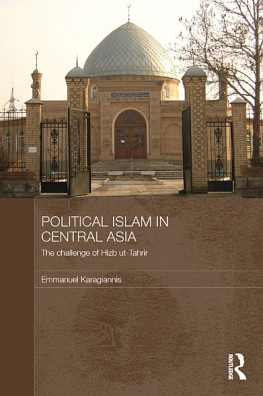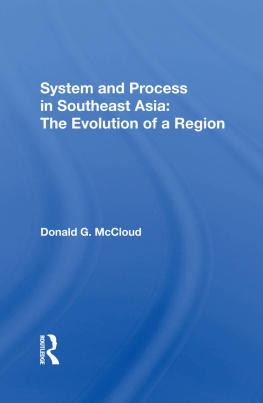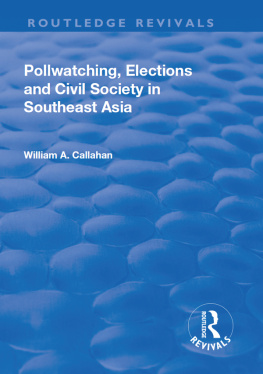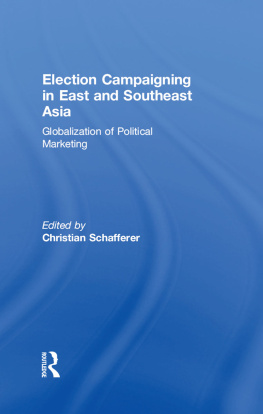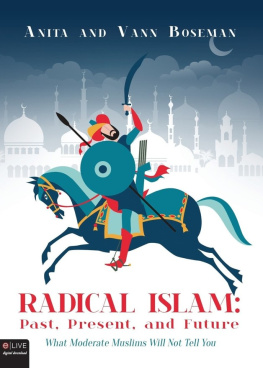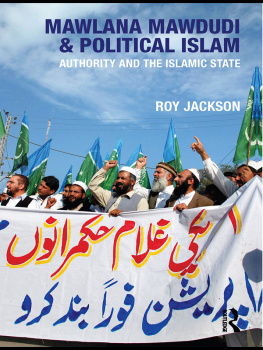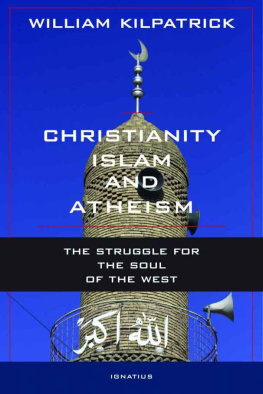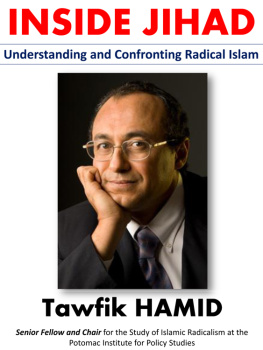First published May 2003
by Oxford University Press for the International Institute for Strategic Studies, Arundel House, 13-15 Arundel Street, Temple Place, London, WC2R 3DX
This reprint published by Routledge
2 Park Square, Milton Park, Abingdon, OX14 4RN
For The International Institute for Strategic Studies
Arundel House, 13-15 Arundel Street, Temple Place, London, WC2R 3DX
WWW.IISS.ORG
Simultaneously published in the USA and Canada
by Routledge
270 MADISON AVE., NEW YORK, NY 10016
Routledge is an imprint of the Taylor & Francis Group
Transferred to Digital Printing 2010
2003 THE INTERNATIONAL INSTITUTE FOR STRATEGIC STUDIES
DIRECTOR John Chipman
EDITOR Tim Huxley
All rights reserved. No part of this book may be reprinted or reproduced or utilised in any form or by any electronic, mechanical, or other means, now known or hereafter invented, including photocopying and recording, or in any information storage or retrieval system, without permission in writing from the publishers.
British Library Cataloguing in Publication data
A catalogue record for this book is available from the British Library
Library of Congress Cataloguing in Publication data
ISBN 0-19-852911-2
ISSN 0567-932X
Events since 11 September 2001 have dramatically altered the political environment in the Muslim world, and in Southeast Asia in particular. The divide has sharpened between the West and its secular values and institutions and the world of militant Islam and, within the Muslim world, between moderates and radicals. This paper examines trends in Southeast Asian Islam over the last two decades, the impact of the US-led war on terrorism and the policies that Southeast Asian governments, the US and other Western countries could pursue to strengthen moderate and tolerant tendencies within Southeast Asian Islam.
The US-led war on terrorism has coincided with, and is in some ways an effect of, an upsurge in Islamic self-awareness and political activism in the Muslim world. Denoted 'Islamisation', this has manifested itself in greater religiosity; greater insistence on the outward displays of piety; greater social distance between the sexes; overt concern with Islamic dietary restrictions; intolerance of un-Islamic public behaviour; exclusive, identity-driven politics; and, in some cases, political extremism and a propensity for violence. In non-Arab countries, Islamisation has involved the importation of Arab-origin ideology and religious practices, greetings, terminology and even mosque architecture. This Arabisation process has polarised Islam in Southeast Asia. Here, the cultural context is quite different from the Arab world, with a more moderate and tolerant practice of Islam than in the Islamic heartland of the Middle East.
An important distinction separating the different strains within political Islam is between those who advocate an Islamic state, and those who are willing to accept a secular one. Yet while radical Islamists seek to establish an Islamic economy and political order, there is in fact a great deal of disagreement about what constitutes an Islamic state. The most authoritative Islamic scripture, the Koran, the hadith and the sunnah (the tradition of the Prophet Muhammad), provide general principles of governance, but no specific blueprint. Among modern self-defined Islamic states, there are significant differences between Iran, where clerical supremacy over the political authorities is firmly entrenched, and Saudi Arabia, Pakistan or Sudan, which follow the Sunni tradition of rulers governing in consultation with, but not subordinate to, the clerical establishment.
It is possible to make further distinctions between those Islamist parties and movements that operate within the established political system, and those that operate outside it. The latter includes terrorist groups such as the Jemaah Islamiyah and armed militants such as the Kumpulan Militan Malaysia (KMM) and Indonesia's Laskar Jihad and Laskar Jundullah. While Islamic radicals in Southeast Asia are a small minority within the region's Muslim communities, they constitute a serious threat to stability and provide the support network that allows international terrorist groups to operate.
Islamists by and large reject nationalism and manifest pan-Islamic aspirations. Islam considers all Muslims brethren, linked by bonds that transcend man-made distinctions. Nationalism, moreover, is regarded as asabiyyah (sectarianism), contaminated by Western secularism and involving loyalties superseding loyalty to God. Conversely, nationalism in many parts of the Islamic world has employed a Muslim idiom and has proved an effective unifying force among Muslims opposing Western domination. In its most radical expression, pan-Islamism calls for the re-establishment of the caliphate the institution of the successor of the Prophet and supreme head of the Muslim community. The caliphate was formally abolished by the Turkish Republic in 1924 after the downfall of the Ottoman Sultanate.
The regional strategies of such groups differ in important ways. The Hizbal-Tahrir claims that it favours a peaceful jihad that is, spreading Islam through persuasion and conversion rather than violence but the group has been involved in terrorism and subversive activities in Egypt and Jordan and has been outlawed throughout the Middle East and Central Asia. In Indonesia, in contrast, it appears to have moderated its stance, and the authorities have not regarded it as a threat.
Radical groups in Southeast Asia such as the regional Jemaah Islamiyah organisation and some Philippine and Thai Muslim separatists reject the legitimacy of the nation-state and aspire to establish a pan-Islamic state encompassing Indonesia, Malaysia, the Muslim areas of the Philippines and Thailand and, eventually, Singapore and Brunei. They also profess to see their struggle as part of a global contest between Islam and the West. A large sector of political Islam has taken an anti-Western and anti-American cast. This is commonly explained by reference to US support for Israel in the Israeli-Palestinian conflict, and more generally by US and Western backing for a regional status quo that is perceived as unjust. Certainly, the Palestinian problem is a neuralgic issue, particularly but not exclusively in the Arab regions of the Muslim world. But this anger has deeper roots in the trauma of the Islamic world's encounter with modernity. It is directed at the US, the mainstay of the international order that the radicals oppose. As the chief agent of global economic, political and social change, the US represents the forces and values that, in the view of some Muslims, threaten Muslim societies and values.
Islamic radicalism in Southeast Asia has both external and domestic sources. The interplay of the two produces the specific characteristics of each of the national variants. The underlying external source is the radical change that the Muslim world has undergone in modern times. Factors such as globalisation and the intrusion of Western culture, together with changes in the social and economic structures of Muslim countries, have created the conditions for a religious resurgence.


